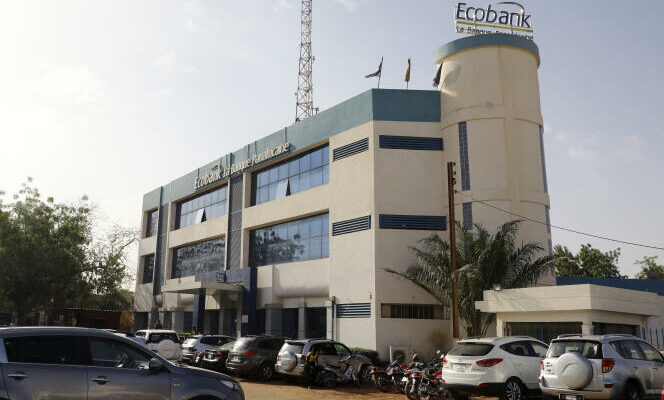This is the new episode of a phenomenon that has been accelerating in recent months: the desire to withdraw from Morocco lent to Société Générale is part of a vast movement of disengagement by French and European banks in Africa. According to rumors which have agitated the kingdom’s financial center since the beginning of March, the French group could sell its subsidiary, Société Générale Maroc, to the former Moroccan minister of industry and boss of the Saham investment group, Moulay Hafid Elalamy.
If this exit is confirmed, it would be added to the departures already announced in six African countries (Burkina Faso, Congo-Brazzaville, Equatorial Guinea, Mauritania, Mozambique and Chad), since the arrival of Slawomir Krupa at the head of the tricolor bank , in May 2023. Société Générale remains well positioned in West Africa (Senegal, Ivory Coast, Guinea, etc.), but it has opened a ” Strategic thinking ” on the future of its subsidiary in Tunisia.
The group is not alone in reducing its size in Africa. Its competitor BNP Paribas has seriously scaled back its activities over the past five years, by selling a good number of its holdings (Senegal, Mali, Gabon, etc.), just like BPCE, which almost sold off its African operations in 2018. Same trend at British banks. After more than a century of presence on the continent, Standard Chartered sold five of its African subsidiaries in 2023 and plans to leave its last market, Ivory Coast. Its rival Barclays had already closed its doors in Africa in 2022, with the sale of the 7.4% that remained in the capital of the South African bank Absa.
Largely informal economies
It seems a long time ago when Africa was seen as a market with strong potential by the Western financial community. At the start of the 2000s, the continent’s wild growth rates, its booming demographics and the prospects of the emergence of a new middle class fueled desire. But the succession of crises – counter-oil shock, Covid-19, war in Ukraine -, against a backdrop of political and security instability, dampened enthusiasm.
“The promises still exist but the pace of progress is too slow, and banks do not necessarily have time to wait while they are faced with very high regulatory costsunderlines Samira Mensah, specialist in the African banking sector at S&P Global. The balance between risks and opportunities leads them to review their presence. » In a hurry to achieve certain profitability objectives, “they tend to retreat into areas and professions over which they have better control”adds Togolese Jonas Komlan Siliadin, lecturer at the Ecole Supérieure de la Banque in Paris and consultant on governance issues.
You have 49.48% of this article left to read. The rest is reserved for subscribers.
